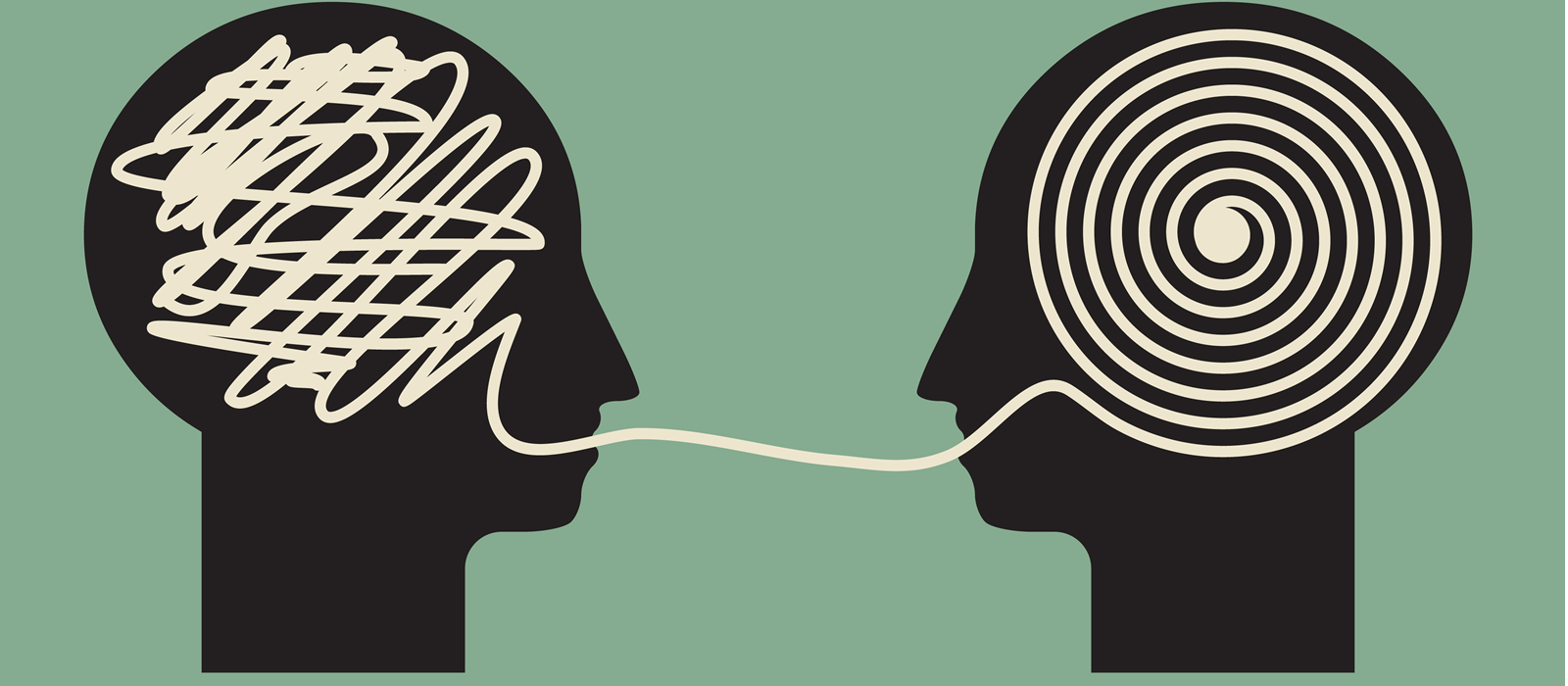There’s a well-known, and sometimes detested, tradition in the field of analytic philosophy which pertains to the use of language, more precisely, the precise use of language. (Yep, I did just do that.) And the reason why so many hate it is because precision takes time and patience, and most people just don’t have either; however, when it comes to our well-being, and specially our mental health, the words, and the labels, we use, and their accompanying meanings, are extremely important. They’re significant because each time we ascribe negative labels to ourselves, we feel their sting; and, we’re often unable to mitigate it through healthier means than avoidance.
I’ve argued against labeling of any kind in past posts, and I want to expand on some of the major arguments I’ve made earlier; my goal is to focus on our tendencies to misuse language with one another and, as importantly, with ourselves. So, let’s take the word failure for instance and our way of defining and perceiving it: to be a failure, in common speech, usually means to be unsuccessful, which is a precise, and accurate, definition of the term; but, we then somehow tend to take it a step further, and attribute the connotation of being worthless to it. In our perception of failing, we persistently equate it with worthlessness, indicating the implication that one has no intrinsic value; if one fails, one is a failure, and therefore worthless. And yet, the term simply means to be unsuccessful. To be even more exact, I would ask, fail at what? In which endeavor(s) did you fail? Was it all of them? Have you never succeeded before? And if you have, doesn’t that negate the possibility of you being an unsuccessful person overall, a failure, someone who’s worthless? To not succeed, or to fail to succeed, doesn’t have to be a negative event, but only if you choose to learn from it, acknowledging what you could’ve done better. Therefore, the connotation(s), or additional meaning(s) which most of us ascribe to the term are of our own making; but, we may simply choose to perceive failure in a different, and more realistic and positive, light: ascribing it to particular instances, instead of ourselves, and transforming the overall experience into one of personal growth. But, it doesn’t stop there.
Another commonly misused term is weird, or strange. When we accurately define the term, it simply means to be unusual, or different from the norm; but, as usual, our minds tend to take it a step further, ascribing to it the meanings of being a loser or a freak, or worthless, derogatory terms to a neutral and precisely defined term, which is simply a description of the reality of an immediate group of individuals. As with failure, weirdness can’t be ascribed in any global way, as someone who’s unusual in one group can be just like the norm in another, to a great degree if not fully; as Einstein once remarked, it’s all relative. And with respect to its common connotations, it would be hard to philosophically, and logically, justify the notion that being unusual in some group setting somehow implies that that individual is worthless or inferior, globally, to the other members; they may be better than others in some aspects and worse than them in others. But, to be weird isn’t in itself a bad thing; and, some may even choose to embrace their weirdness, or rather, their uniqueness.
These are two major, and widely used, terms which highlight our persistent misuse of langue; and in our misuse, we, knowingly or unknowingly, inflict severe damage to ourselves and to others, while failing to accept that all of us can’t be identical and we can’t all always succeed. But, these aren’t necessarily flaws, at least not in the common usage of the term. To fail, to be imperfect, to have flaws, to be weird: all of these are aspects which make us all human, and make us lovable to each other. It’s only when we suppress those truths, our truths, about ourselves that we begin to project them onto others, becoming bullies in the process, hurting those who remind us most of ourselves.


I love language so this is a very interesting post!
LikeLiked by 2 people
Thank you for your readership! Language and communication is incredibly fascinating, especially its use to obscure the truth.
LikeLiked by 2 people
I totally agree. Obscuring the truth is a real danger today because misleading news can spread so quickly today and language is a huge part of it. Ironically enough, the important things lies in what is >>not<< being said.
LikeLiked by 2 people
It’s so interesting that you say that. With a certain neurological disorder, aphasia, it’s possible to sense intentions through non-verbal communication, as sufferers loss their abilities to understand language, having to rely on gestures and facial movements. These individuals are more likely to sniff out bullshit than regular folks.
LikeLiked by 1 person
Damn, I didn’t know that. Maybe I need to find one of these bullshit sniffers and ask them for help in my daily life!
LikeLiked by 2 people
i’m all for reclaiming language but only so long as i’m referring to myself. describing myself as weird has become liberating recently. but hurling the word at someone else isn’t cool, unless i’m very certain how they use the word. opinions are powerful and can cause harm – thoughts (words) are things. (Elle)
LikeLiked by 1 person
My hope is a collective reclaiming. Being weird itself isn’t an applicable concept, as I’m sure you’re quite normal in many respects.
LikeLike
i think that collective reclaiming is a worthy goal – but a tall order! meantime we need to be gentle with each other in our choice of words 🙂
LikeLiked by 1 person
Indeed 😀
LikeLike